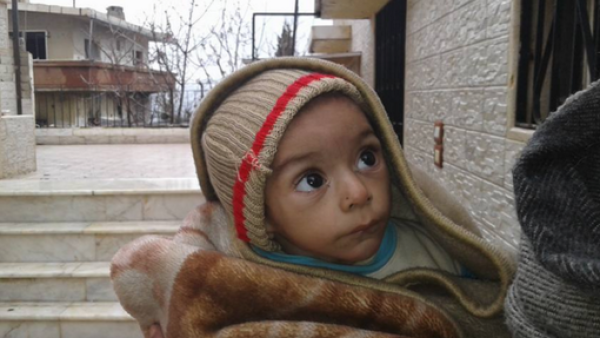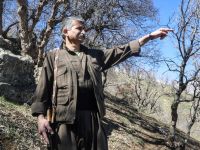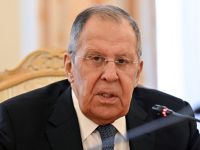An international advocacy organisation has accused the United Nations of contributing to the deaths of thousands of civilians by “choosing to prioritise cooperation with the Syrian government at all costs”.
In a report released today, the Syria Campaign wrote that the international agency has seriously violated the humanitarian principles of impartiality, independence and neutrality by allowing Assad’s regime to direct international spending. And by enabling control of crucial communal resources by just one side of the conflict, it argues, it may have contribtued to the death and injury of innocent people as well as the course of the war itself.
What’s going on? The report argues that the United Nations began its compliance with Assad in 2011 when it failed to deliver aid to the government besieged town of Daraa, and has accepted government constraints on its functioning since. The United Nations relies on government permission to deliver aid to besieged or rebel-held areas in Syria, but access is often denied, or directed, by Assad.
In April, for example, 88% of aid deliveries were to government held territory in Syria. For three years, too, the UN failed to reach non-government controlled areas using cross-border aid.
The horrifying sieges that result, especially in towns like Daraya and Madaya, have been widely publicised and claimed many lives. Yet even when convoys have been able to access these besieged areas, regime monitors have removed food items, sometimes leaving civilians with plenty of mosquito nets but nothing to eat.
After over 3 years of Assad’s siege, #UN aid convoy reached #Daraya but without food. Instead Mosquito nets!! #Syria pic.twitter.com/SR2xjrH88W
— شبكة الثورة السورية (@RevolutionSyria) 1 June 2016
Last year, the UN also provoked outcry when it emerged it had changed important parts of an aid plan after consulting with the Syrian Regime.
Are the conclusions of the report fair? Like many aid organisations, the United Nations is forced to strike a tough balance in their management of humanitarian relief in times of war. It fears that if it doesn’t cooperate with the regime it may find itself unable to operate at all, by being thrown out of Damascus or seeing the visas of its staff revoked.
Syria’s aid coordinator also said that government had to be regarded as legitimate because it occupied Syria’s seat at the UN; UN spokesperson Stephane Dujarric added that the report’s accusation “discredits the amazing work [that] our colleagues, mostly Syrians, are doing every day to try to deliver aid.”
Taking convoy of aid to besieged town without proper authorization would be "suicide mission for humanitarian workers," Hillo says #Syria
— Maya Gebeily (@GebeilyM) 15 June 2016
But the claims struck a chord among those working in Syria, and observers of the crisis. 56 organisations, including the White Helmets, the Syrian Emergency Task Force and the Syrian Network for Human Rights, were signatories to the report. And leading journalists and researchers, including from Amnesty International and Human Rights Watch, drew attention to the report’s findings.
Must read report by @TheSyriaCmpgn on the damage caused by @UN abandonment of key principles in #Syria https://t.co/Bz3YBMFOaT
— valerie szybala. (@vszyb) 15 June 2016
It's not just a perception that the UN prioritises state sovereignty over civilian protection in Syria - big problem https://t.co/FMwKAMCkss
— kristyan benedict (@KreaseChan) 15 June 2016
In light of its conclusions, the report urges the United Nations to “draw a line” – a set of conditions for ethical humanitarian conduct that must be met – and to withdraw from cooperation with the Syrian government if they are not reached. “A UN operation that violates its core principles becomes party to the conflict and may be perpetuating the violence,” it says.
You can read the entire report here.
Bethan Staton







